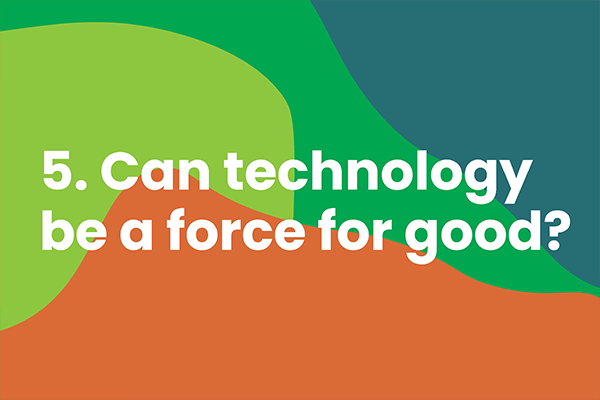Can technology be a force for good in delivering a fair climate future?
Together for a Fair Climate Future
Discussion 5
Tuesday 8 June 2021
This event looked at role of technology in delivering a fair climate future. It asked: Can technology be a force for good, and what are the barriers or risks?
Panellists and video contributors shared their experiences using technology to act on social and climate justice, such as organising and building communities, storytelling and creating art, supporting the transition to low carbon, engaging young people, and building future energy services. They spoke about how digital technology can empower action on climate justice, enabling people to come together in force to create real change.
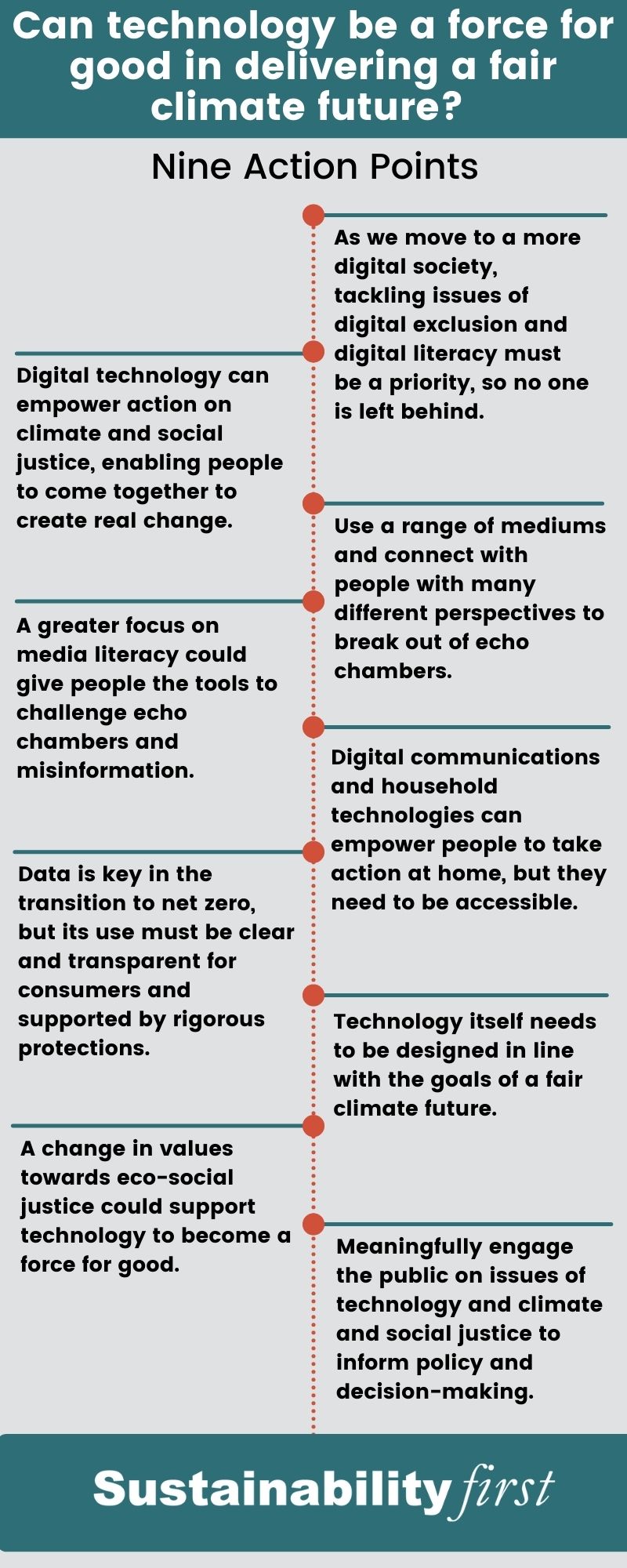
"I think technology plays a huge role in empowering people to take action […] It enables us to connect with people all around the world and learn from and support each other" - Michelle Tan
As well as connecting communities online, panellists highlighted how digital technologies can also empower people to take action at home. Household technologies, such as smart meters or renewable energy trackers, can enable people to have more control at home. Technological changes such as these, essential for the transition to net zero, are all underpinned by data and data can also be used to help people in vulnerable circumstances.
However, panellists emphasised that technology can only be a force for good if it is accessible by everyone. Technology needs to be inclusive by design and the use of consumer data must be clear and transparent. As we move to a more digital society, tackling issues of digital exclusion and digital literacy must be a priority so that everyone is able to get the information they need and to participate fully.
"Mak[e] sure that new energy technologies for people and for homes are affordable and accessible, and that they are accompanied by rigour consumer protections" - Dhara Vyas
As well a digital literacy, the panellists argued for a greater focus on media literacy to give content consumers the tools to interrogate echo chambers and challenge the spread of misinformation on social media. Speakers shared tips for breaking out these echo chambers from using a range of on- and off-line mediums and connecting with people with many different perspectives.
"Social media can be used to unite people for a common cause, […] but it needs to be balanced. […] Misinformation actually spreads quicker and wider than real news. […] It is a great tool, but it needs to be used in the right way" - Marcus Smith
For technology to be a force for good, speakers stressed that not only does technology itself need to be designed in line with goals of a fair climate future, but we also need to see a change in values – towards eco-social justice – to counter current unsustainable extractive trends and support technology to build this fairer climate future. Everyone can plays a role in this, and decision making must involve meaningful public engagement with citizens.
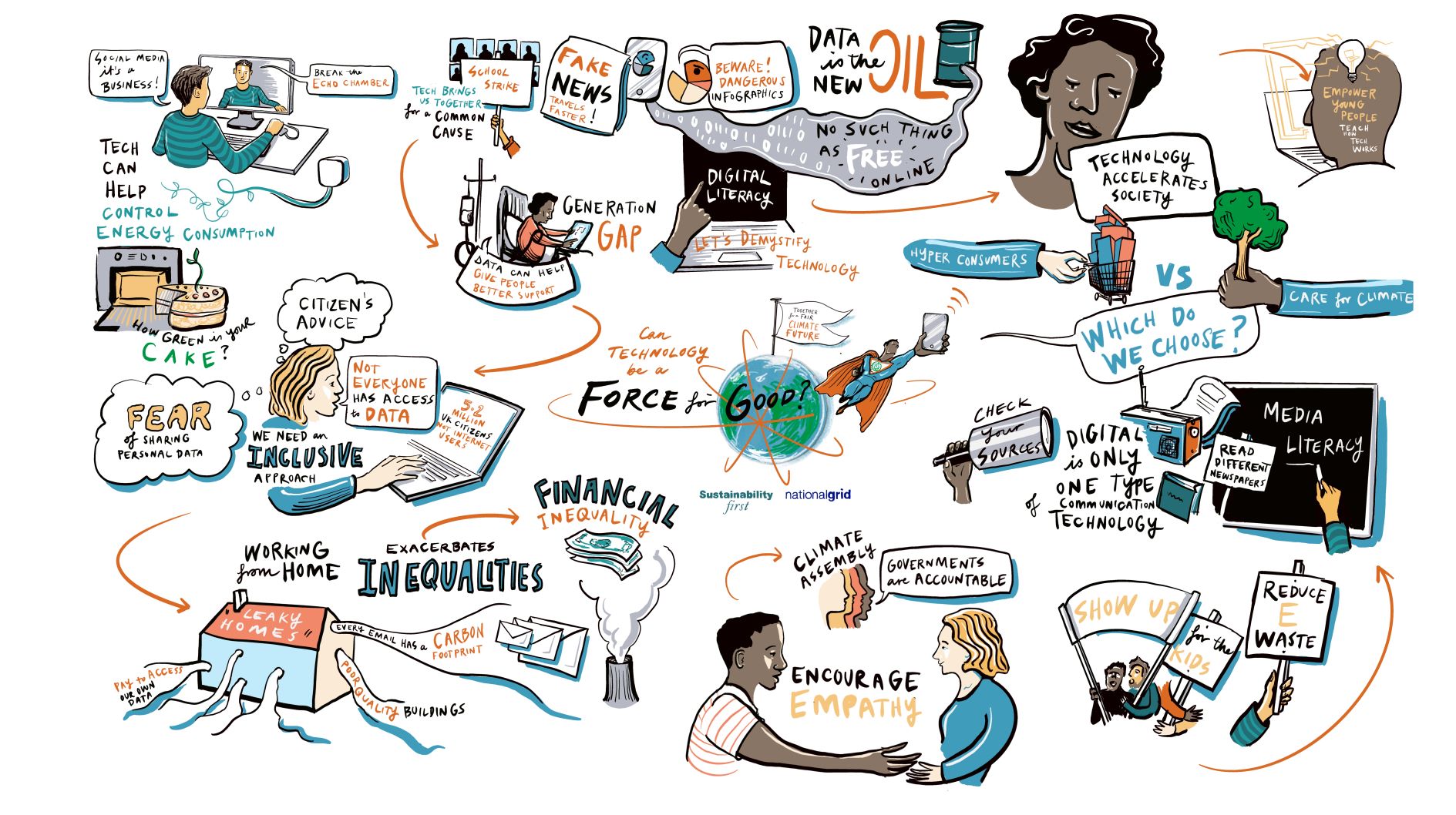
Live event illustration: William Bock – Visual Scribe
Panellists
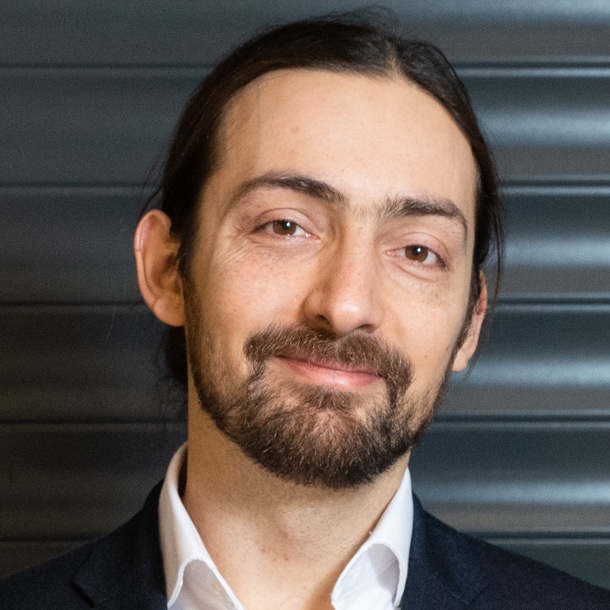
Chris Adams - Co-director, The Green Web Foundation
Chris Adams is an environmentally focussed tech generalist, spending the last fifteen years working in tech startups, blue chip companies and government, as a user researcher, product manager, developer, sysadmin and UX-er. He is an organiser of ClimateAction.tech, a community for technology professionals taking climate action, and a director of the Green Web Foundation.
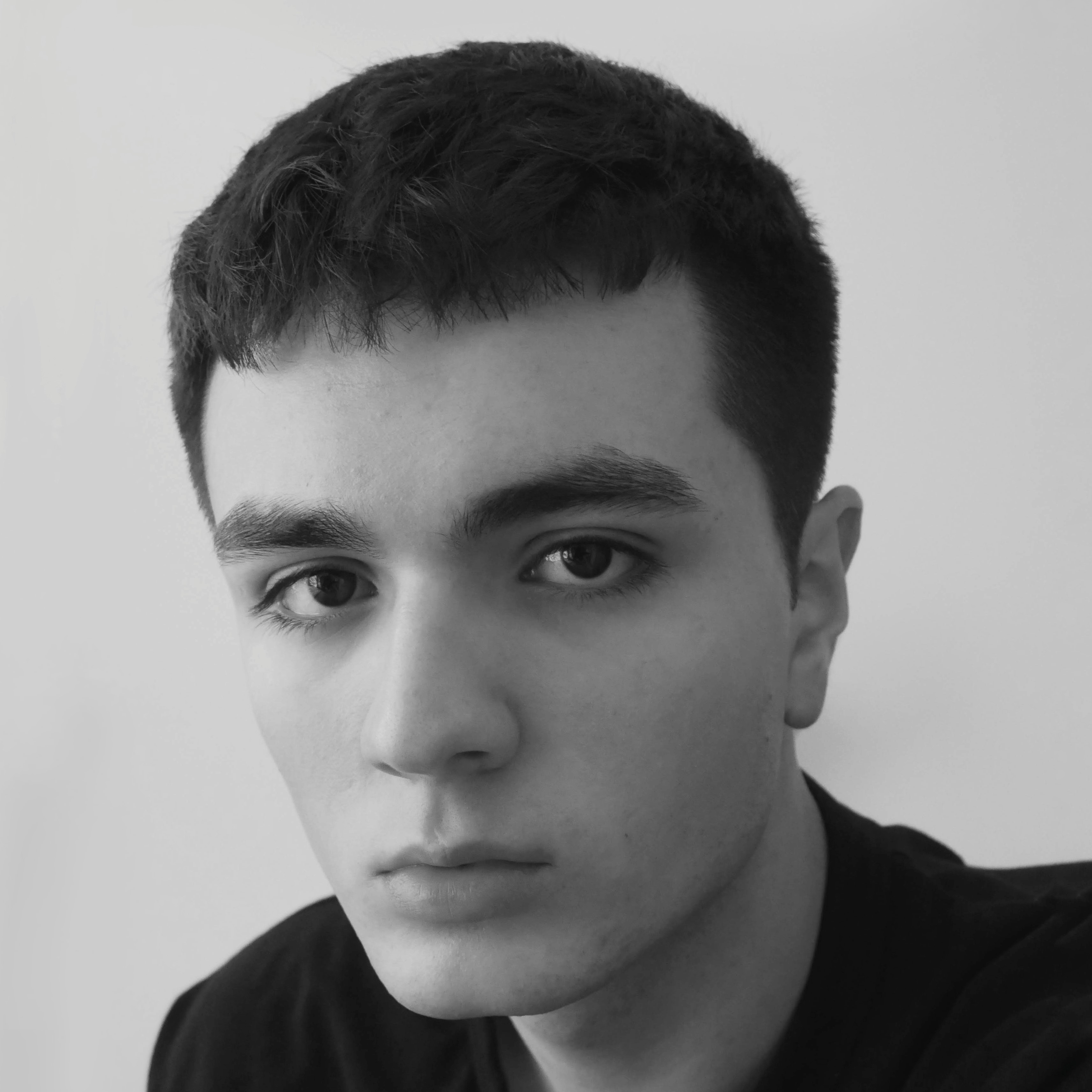
Cyrus Jarvis – Climate Justice Activist
I'm an Iranian student creative and filmmaker who was one of the founding members of the UK's youth climate strike (Fridays for Future) movement. After our huge success, I worked mostly as a media spokesperson for the movement, the coordinator of our media and graphics operations, and an organiser of the London strikes where I would be found leading the marches. I now focus on my art while continuing my climate work in a personal capacity after dismantling the UK Student Climate Network - by working within the international Fridays for Future network, and writing for Mission Magazine as their environmental editor.
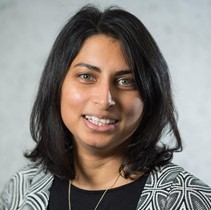
Dhara Vyas - Head of Future Energy Services, Citizens Advice
Dhara leads a team that’s focused on putting people at the heart of the transition to net zero. She is responsible for ensuring the consumer voice is heard when it comes to designing and planning the future energy market. Dhara advocates for consumers across a range of issues including decarbonising heat, improving the efficiency of homes, electric vehicles, local area energy, smart homes and energy data.
Dhara has worked on energy issues for over a decade, and has a broad range of strategic policy, research and advocacy experience. Prior to this she led a number of different projects that impact on people's lives outside the energy market - including community engagement, local authority scrutiny, localism and devolved budgeting.
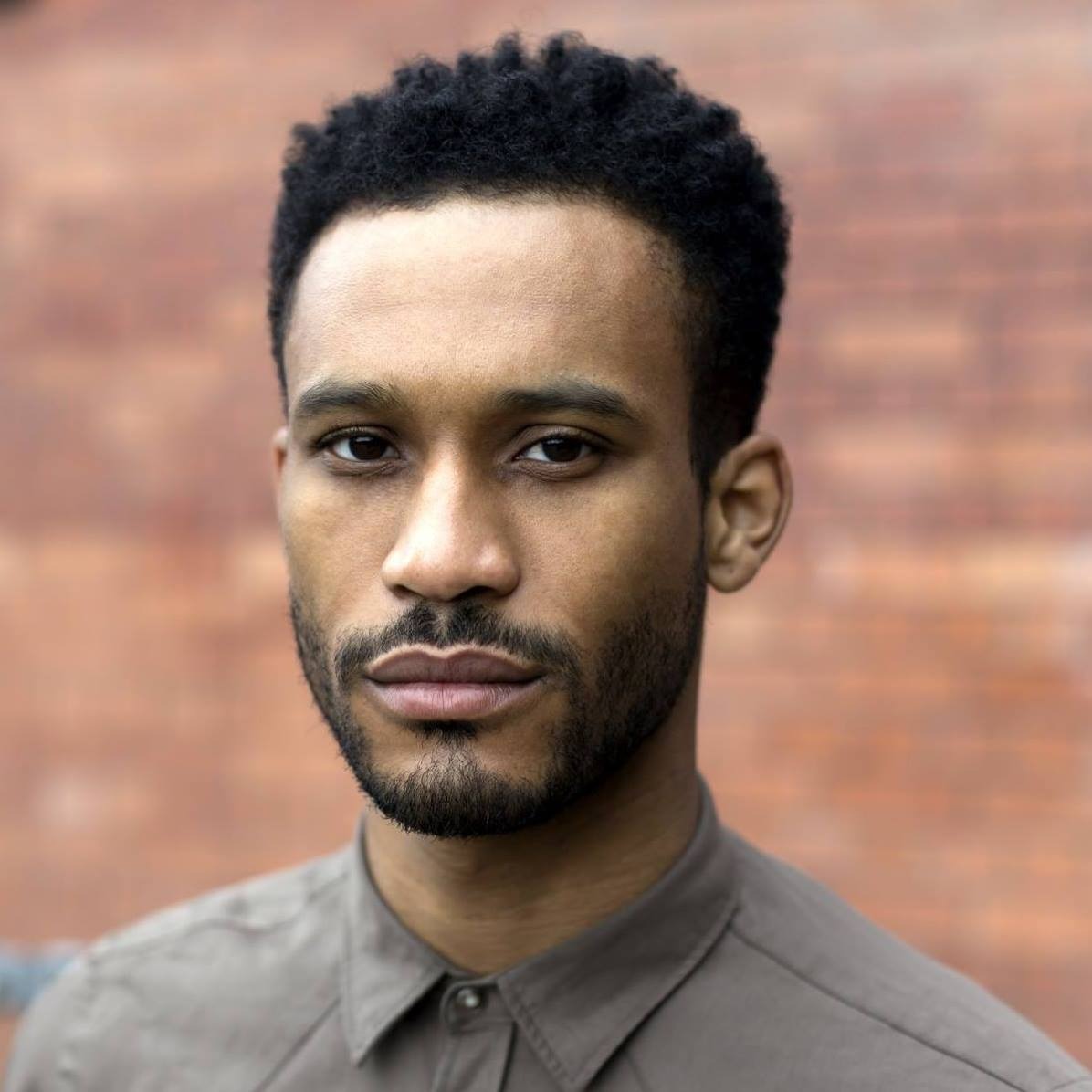
Marcus Smith - Media Creative & Journalist, BBC
Marcus is a Media Creative & Journalist based in Bristol, UK. He recently presented a series for BBC Radio 4 on responsible technology with Tristan Harris from Social Dilemma documentary on Netflix and Kriti Sharma on harnessing the good in Artificial Intelligence. He is now producing a podcast series on Green Thinking for BBC and AHRC in the build to the 26th UN Climate Change Conference (Cop26). Marcus is also a Board Trustee at In Between Time, a global producer of contemporary and live art, and is Development Lead at Bristol Community FM.
Video Contributors
- Michelle Tan (she/her) - Youth Climate Activist
- Tove Westling (she/her) - Global Strategist, GoClimate
- Leah Borromeo (she/they) - Director, Disobedient Films
- Michael Briggs - Head of Sustainability, Which?
- Melissa Hsiung (she/her) - Co-organizer, ClimateAction.tech
- Professor Ann Light (she/her) - Professor of Design and Creative Technology, University of Sussex and Professor of Interaction Design for Social Change and Sustainability, Malmo University
- Tom Jarrett (he/him) - Designer
- Vineeta Greenwood (she/her) - Co-Founder and Director, Wholegrain Digital
- Heather Picov (she/her) - CEO, Apps for Good
Project partner


